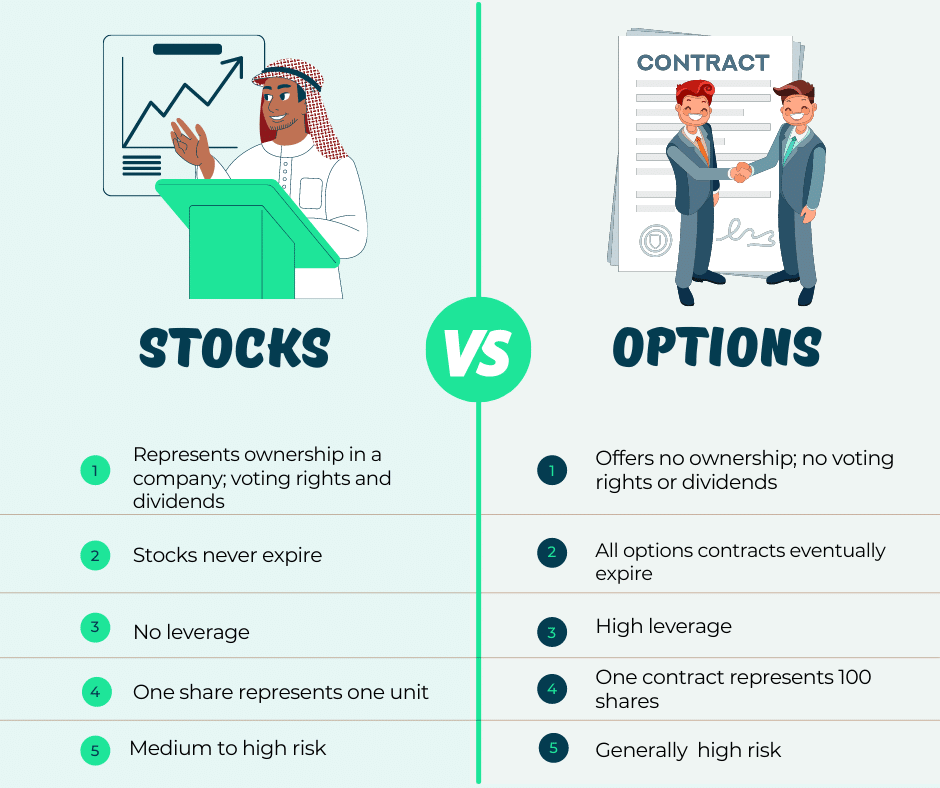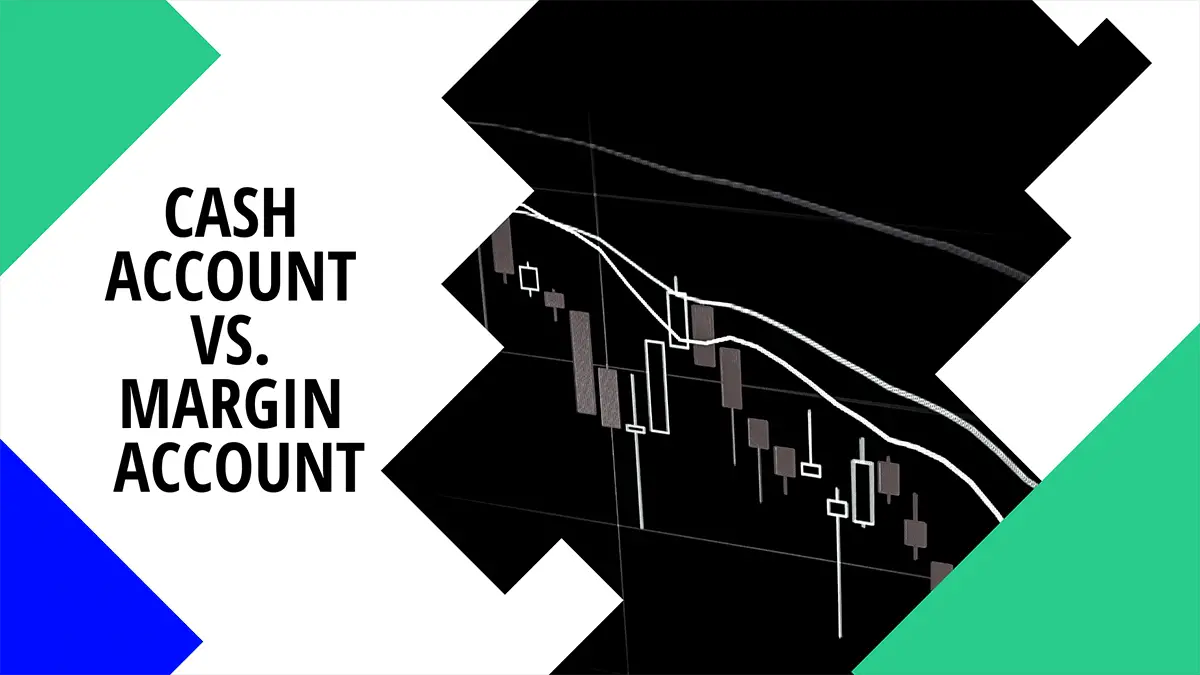Introduction
The world of finance offers a plethora of options for investors seeking growth, and two popular avenues are cash accounts and options trading. While both involve investing in assets, they differ significantly in their mechanisms and risk-reward profiles. In this article, we delve into the nuances of each approach, exploring their advantages, drawbacks, and suitability for various investor types.

Image: idahc.com
Cash Account
A cash account is a brokerage account that holds cash and cash equivalents, such as money market funds. It allows investors to buy and sell stocks, bonds, and other securities using the funds available in the account. The primary advantage of a cash account is its simplicity and lower risk profile. Investors are limited to trading with the cash they have on hand, reducing the possibility of overleveraging and significant losses.
Options Trading
Options trading involves contracts that give investors the right, but not the obligation, to buy or sell a specific underlying asset at a predetermined price on or before a specific date. Options provide investors with more flexibility and potential for profit than cash accounts, but they also come with higher risk due to the use of leverage. In options trading, investors speculate on the future price movements of the underlying asset and can profit if their predictions are correct.
Understanding Options
Options are categorized into two types: call options and put options. Call options provide the buyer with the right to buy the underlying asset at a fixed price, while put options give the holder the right to sell the asset at a predetermined price. These contracts have specific expiration dates, and investors must exercise their rights before they expire to realize any profit or loss.
Advantages and Disadvantages of Cash Accounts and Options Trading
Cash Accounts
- Suitable for beginners and risk-averse investors
- Lower risk due to limited trading with available funds
- Simpler and easier to manage compared to options trading
Options Trading
- Greater potential for profit due to the use of leverage
- Provides flexibility and allows investors to speculate on market movements
- Higher risk and requires a deeper understanding of financial markets
Choosing the Right Approach
When deciding between a cash account and options trading, investors should consider their risk tolerance, investment goals, and knowledge of financial markets. Cash accounts are better suited for conservative investors seeking steady growth over time, while options trading appeals to those with higher risk appetites and a firm grasp of market dynamics.

Image: alayneabrahams.com
Tips and Expert Advice
For Cash Account Investors:
- Start with a small investment amount and gradually increase it as you gain experience.
- Diversify your portfolio across different asset classes to manage risk.
For Options Traders:
- Acquire a thorough understanding of options trading concepts before risking real capital.
- Manage your risk by employing strategies such as stop-loss orders and position sizing.
Frequently Asked Questions
Q: Is it possible to lose more money than I invest in a cash account?
A: No, in a cash account, you can only trade with the funds available, limiting your potential losses to the amount you have invested.
Q: How much money do I need to start options trading?
A: The amount of capital required depends on your chosen strategy and risk tolerance. However, it’s generally recommended to have a substantial amount of capital to account for potential losses.
Cash Account Vs Options Trading

Image: patternswizard.com
Conclusion
Whether you opt for a cash account or options trading depends on your financial objectives and risk appetite. Both approaches offer unique advantages and drawbacks. Cash accounts provide lower risk and simplicity, making them ideal for conservative investors. In contrast, options trading offers greater potential rewards but also carries higher risk, requiring a deeper understanding of financial markets and risk management strategies. By carefully assessing your investment goals and risk tolerance, you can select the approach that best aligns with your needs and aspirations.
Are you interested in delving deeper into the world of cash accounts or options trading? Let us know your inquiries below, and we will be pleased to assist you in your investing journey.






